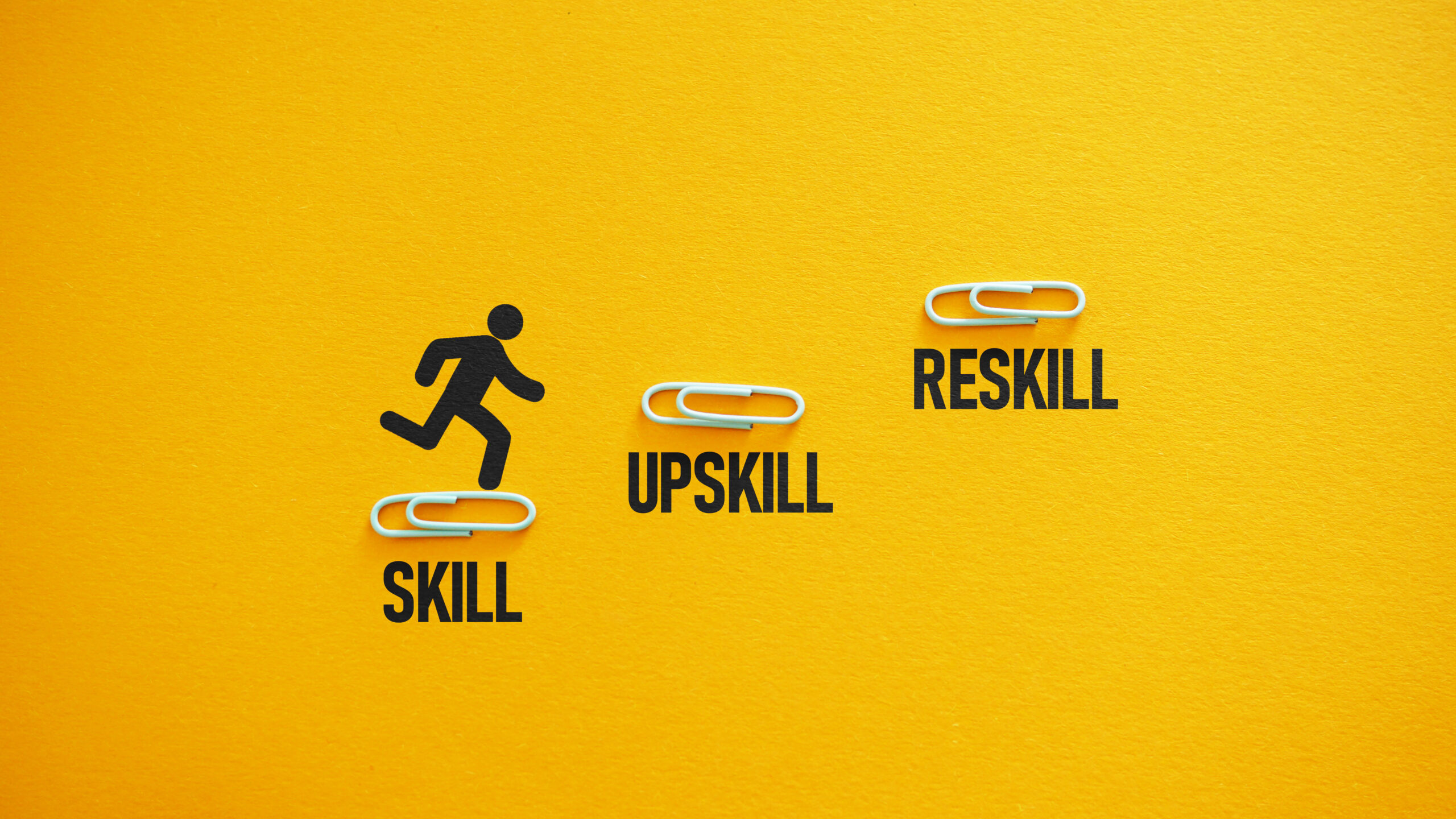Salman Raza explores passive-aggressive behaviour and provides ideas on how to deal with it in others and ourselves!
Passive-aggressive behaviour is quite common and it most likely that you have worked or lived with someone who is a habitual passive aggressor. When you anticipate and prepare for passive-aggressive behaviour, it will not catch you off guard. You will know it is about to happen because you will have played out scenarios in your head to determine what your course of action will be. If you combat passive-aggressive behaviour with more passive aggressive behaviour, you’ll get nowhere.
Addressing the behaviour
Passive-aggressive behaviour needs to be addressed for it to stop. Often, it manifests out of a triggered ego. The key is to find a way to disarm the other person’s ego as well as your own.When dealing with a passive-aggressive individual, remember that whatever they are feeling is true to them. All feelings are okay. However, all behaviours are not.
Knowing your own personality type and those of others will help you to react in a more positive and insightful way when faced with unknown situations
For example, let’s say your boss is constantly critical of your work but never delivers any concrete feedback. They continually tell you what a bad job you’re doing but don’t tell you exactly how or why. This is passive-aggressive behaviour. As your supervisor, they should guide you to and help you to improve. Instead, they are harbouring ill feelings towards you. Maybe you remind them of someone in their past. Maybe there is something you do around the office that really annoys them. You may never know the real reason, but you should confront them about it. Instead of calling your boss out on their behaviour, talk with an even tone and request concrete feedback on your work. When we lower our own ego, we present ourselves as someone who wants to improve and do better. If we do not challenge the passive aggressive individual, but ask for guidance, their ego will begin to disarm. They will (in most cases) come back to their rational self.
The passive-aggressor within you
What if you are the passive-aggressor? What are some ways you can recognise the challenge and disarm your own ego? Passive-aggression bubbles to the surface when we feel we are in competition with someone. Perhaps we feel a colleague gets away with murder and is treated with great favouritism. Maybe it is because we bump heads with someone who has different viewpoints. The fundamental motivation is a sense of competition whether we realise it or not.
Triggers
Apart from competition, passive aggressive behaviours are also triggered by insecurity often brought about by misunderstandings. Maybe a colleague feels you don’t value their work or that you or are being overly critical or punitive. If you have to give feedback or advice, the key is do this gradually, so that the person on the receiving end stays engaged, rational, and attentive. As soon as a person goes into defensive mode, the rational mind will stop working and will not listen creating unnecessary stress and strain. Giving genuine compliments and starting on a positive note helps to dissipate the aggression and fight mode in your counterpart. It also helps them to feel secure and disarms the ego opening the stage for positive, construction conversations.
Passive-aggressive behaviour can also be triggered by fear of the unknown and feeling out of control. When people are faced with the unknown it often shakes their feelings of control. Response to the unknown is influenced by personality types. For example, judging types like to have things planned out. They don’t like to rush or do anything last minute. Meanwhile, perceiving types like to wing things and they trust everything will work out. Knowing your own personality type and those of others will help you to react in a more positive and insightful way when faced with unknown situations.
When there is a misunderstanding between two people, it may also lead to passive-aggressive behaviour. Maybe a colleague feels you don’t value their work or that you are being overly critical or punitive. If you must give feedback or advice, the key is do this gradually, so that the person on the receiving end stays engaged, rational, and attentive. As soon as a person goes into defensive mode, the rational mind will stop working and will not listen creating unnecessary stress and strain. Giving genuine compliments and starting on a positive note helps to dissipate the aggression and fight mode in your counterpart and disarms the ego opening the stage for positive, construction conversations.
Going forward
Now you have a better idea of where passive-aggression manifests from. It stems from insecurity, competition and a lack of control. The key is to recognise these triggers both in yourself and those around you. This takes time and effort and is a lifelong journey, but with practice and patience, you can succeed.
Salman Raza is an auditor, reforming visionary and speaker. Find out more about him and his new book Life’s Non-Conformities: An Auditor’s Tale of Practical Application of Social, Emotional & Behavioral Strategies



